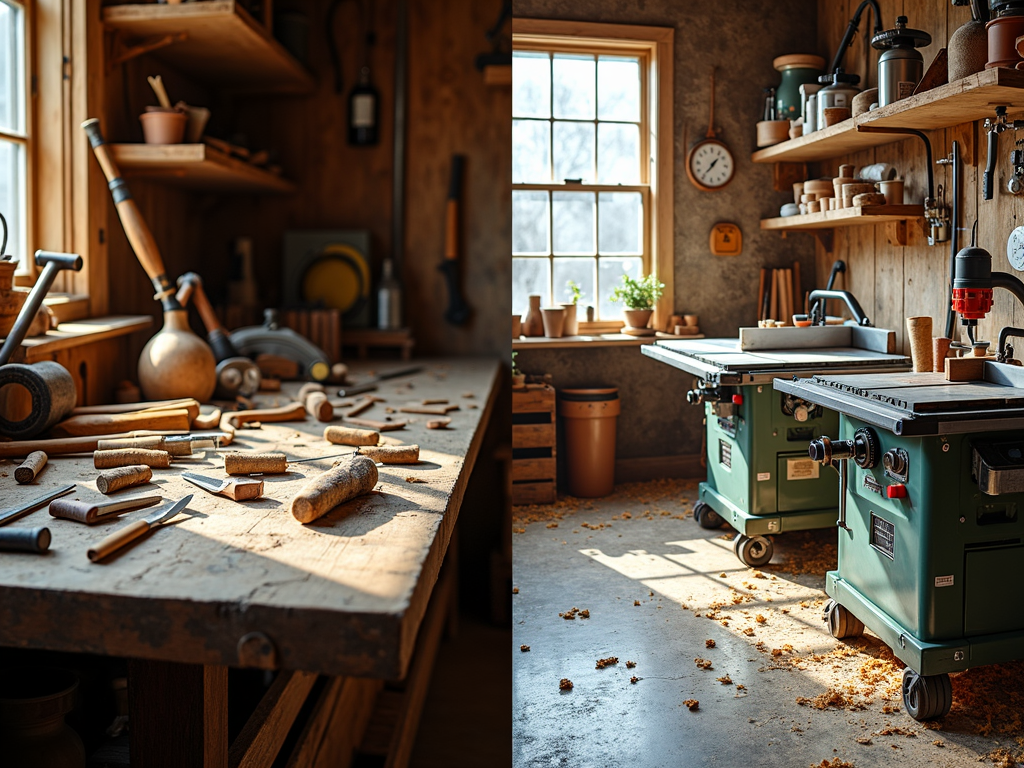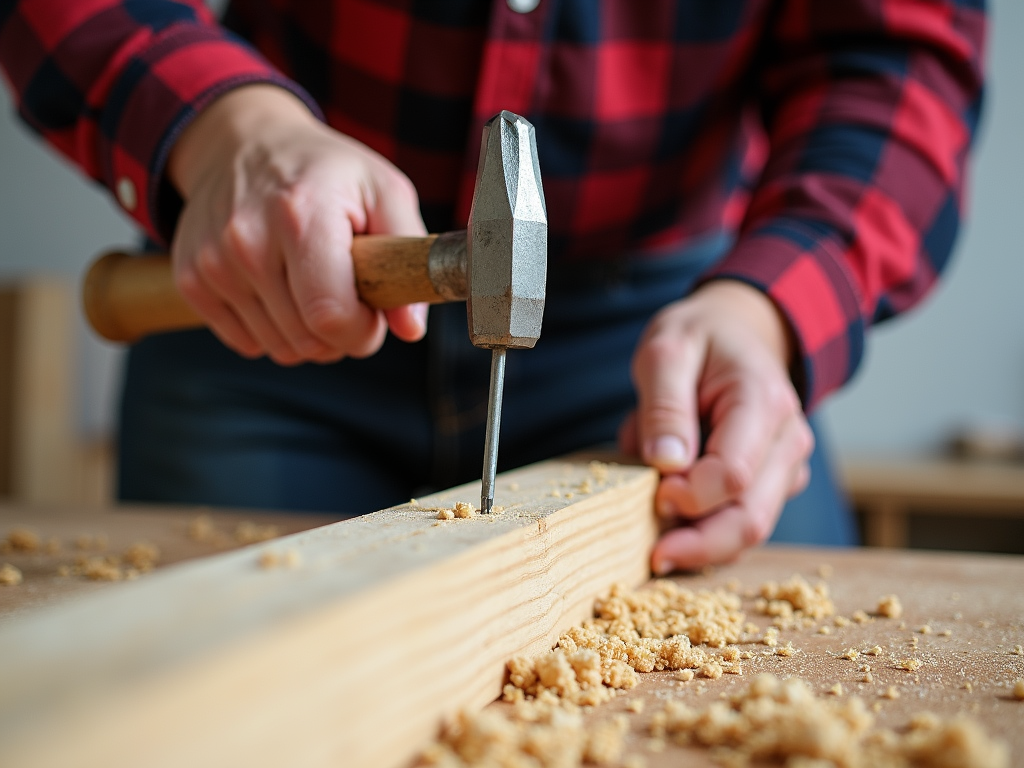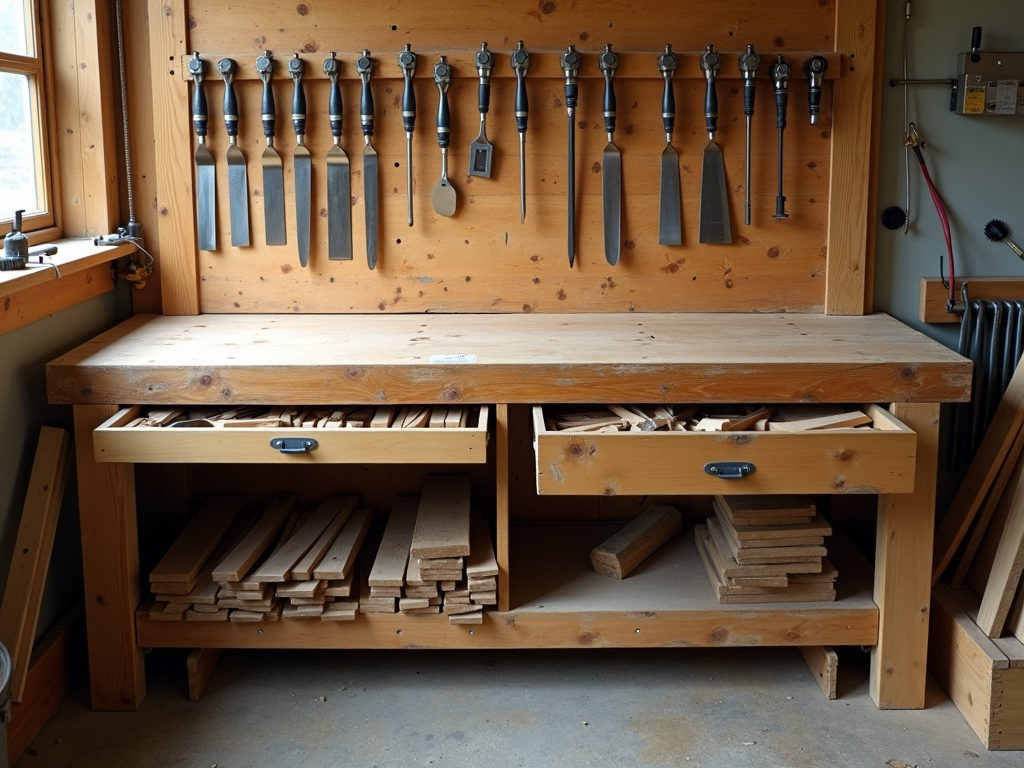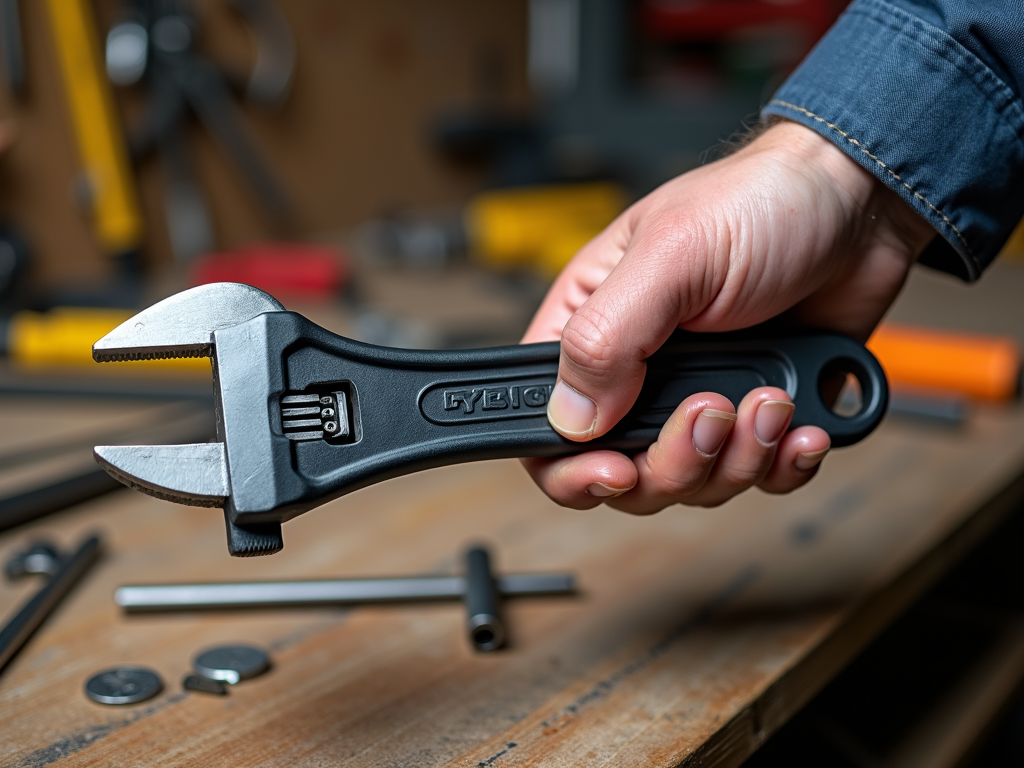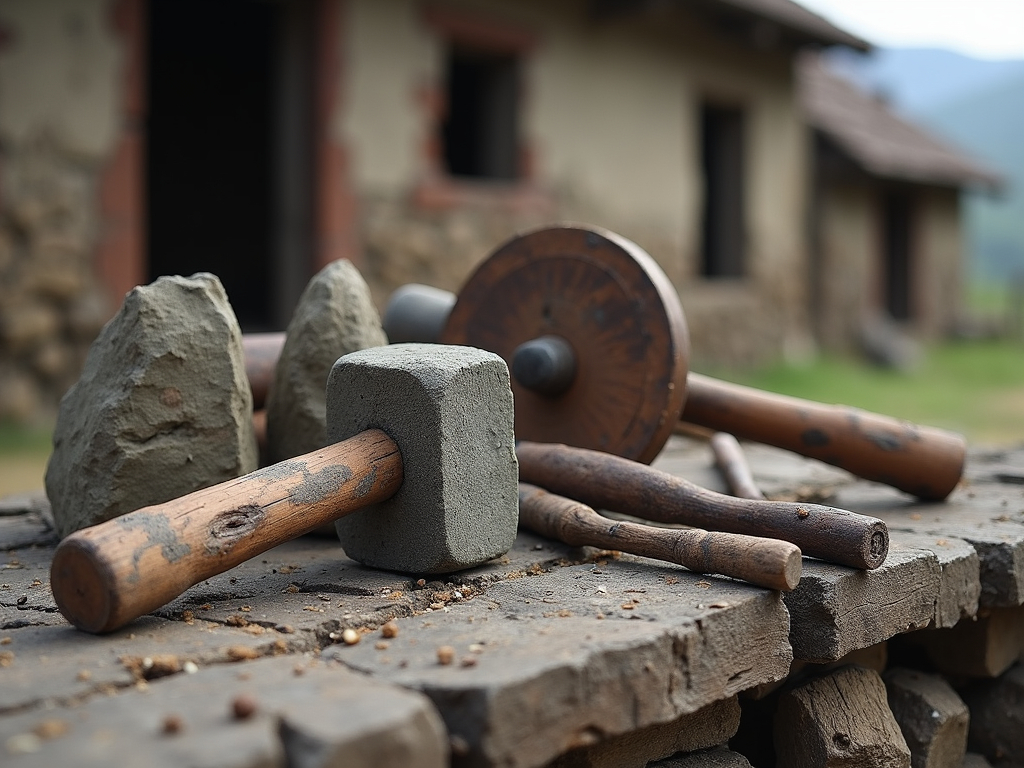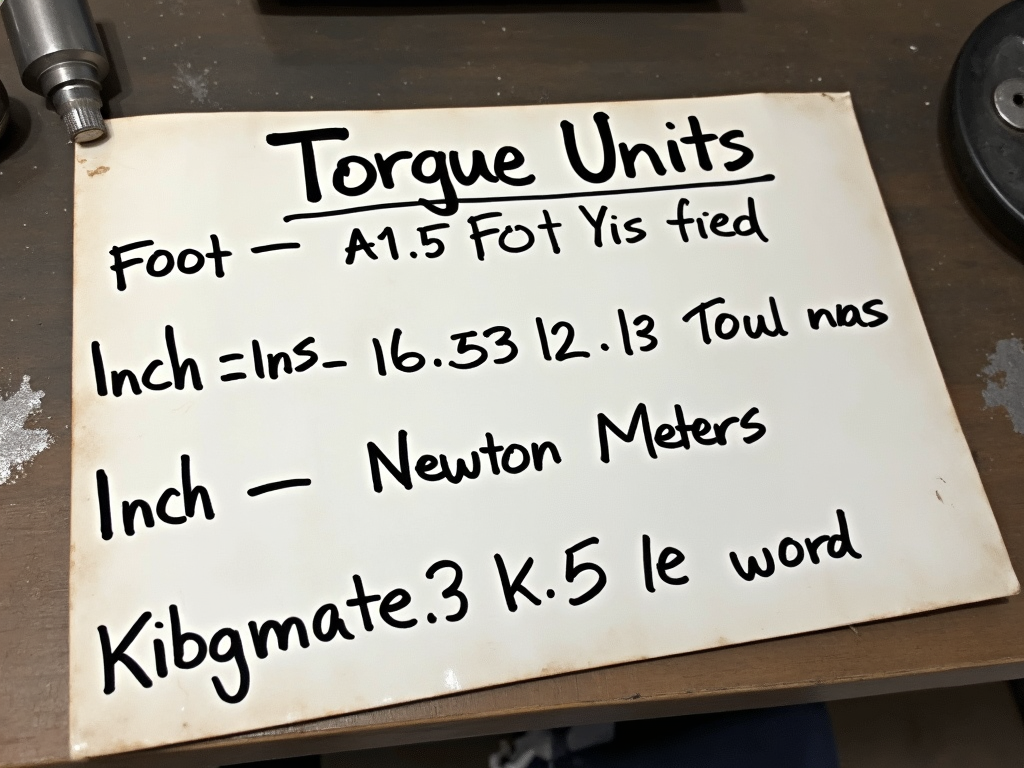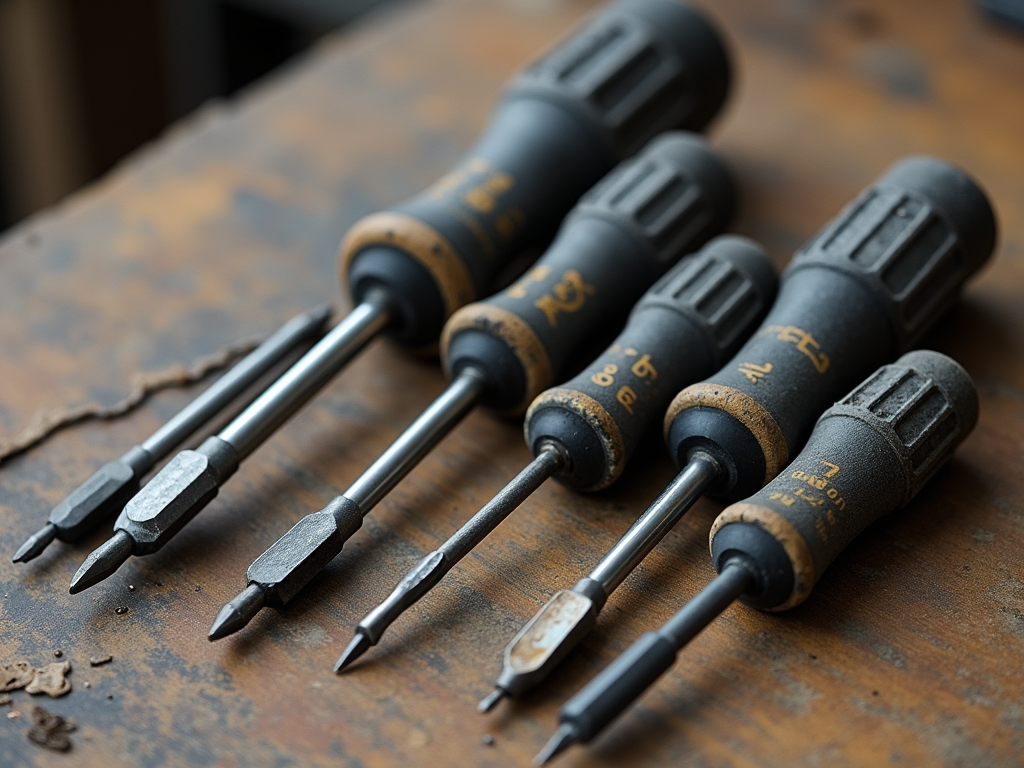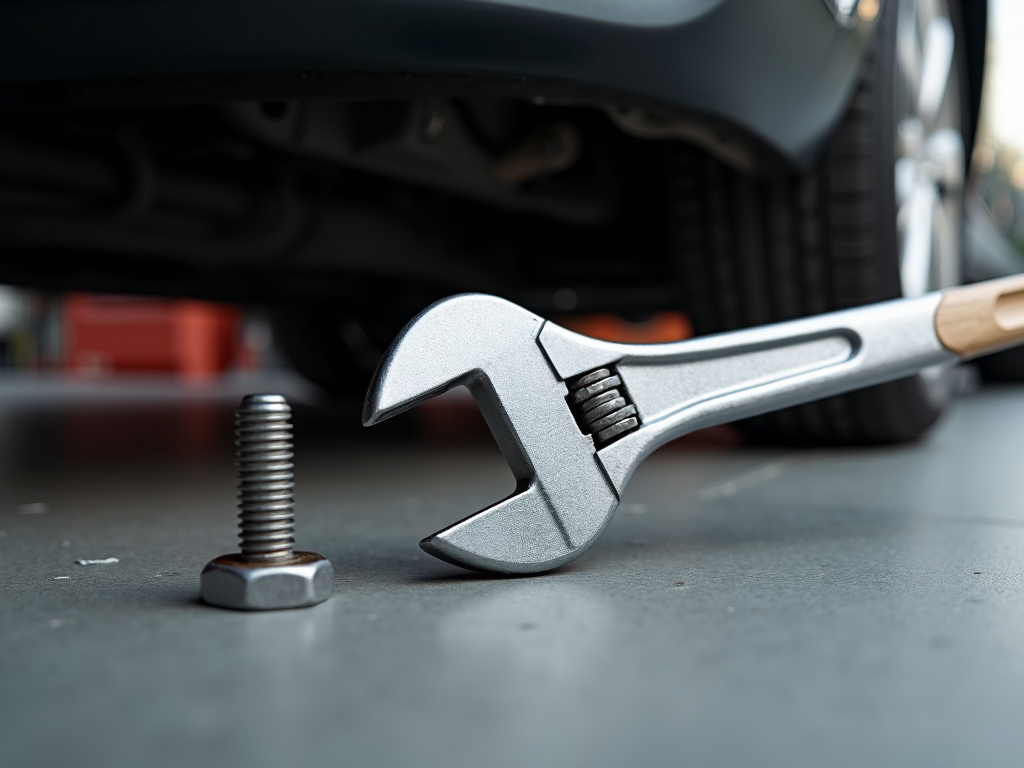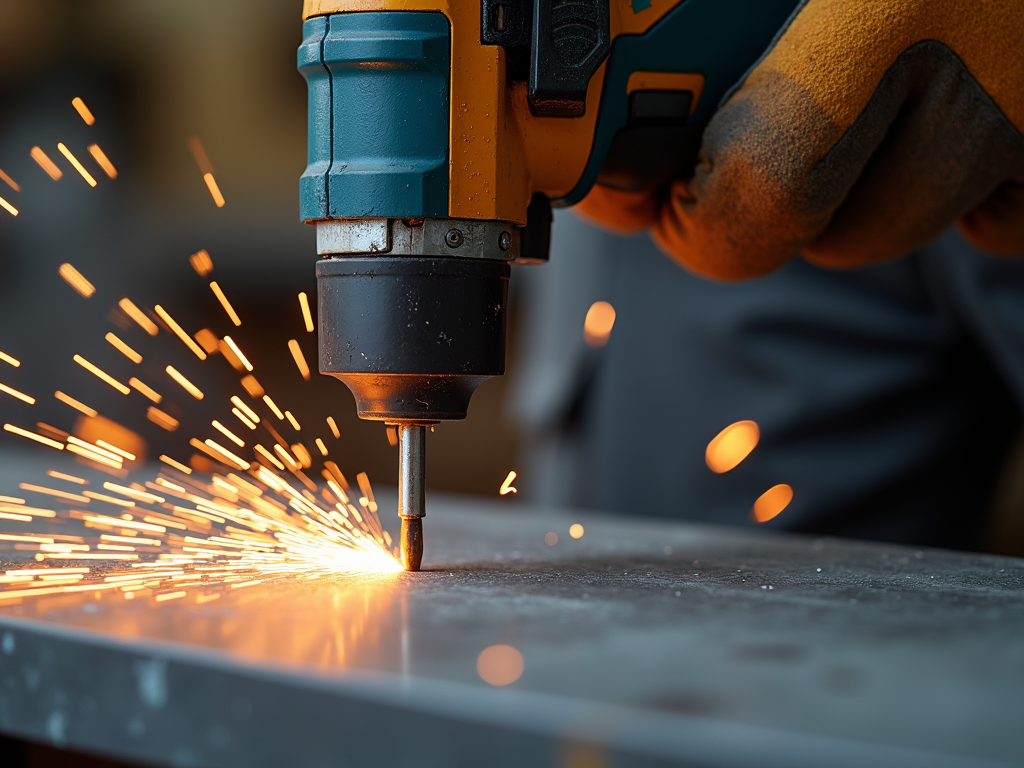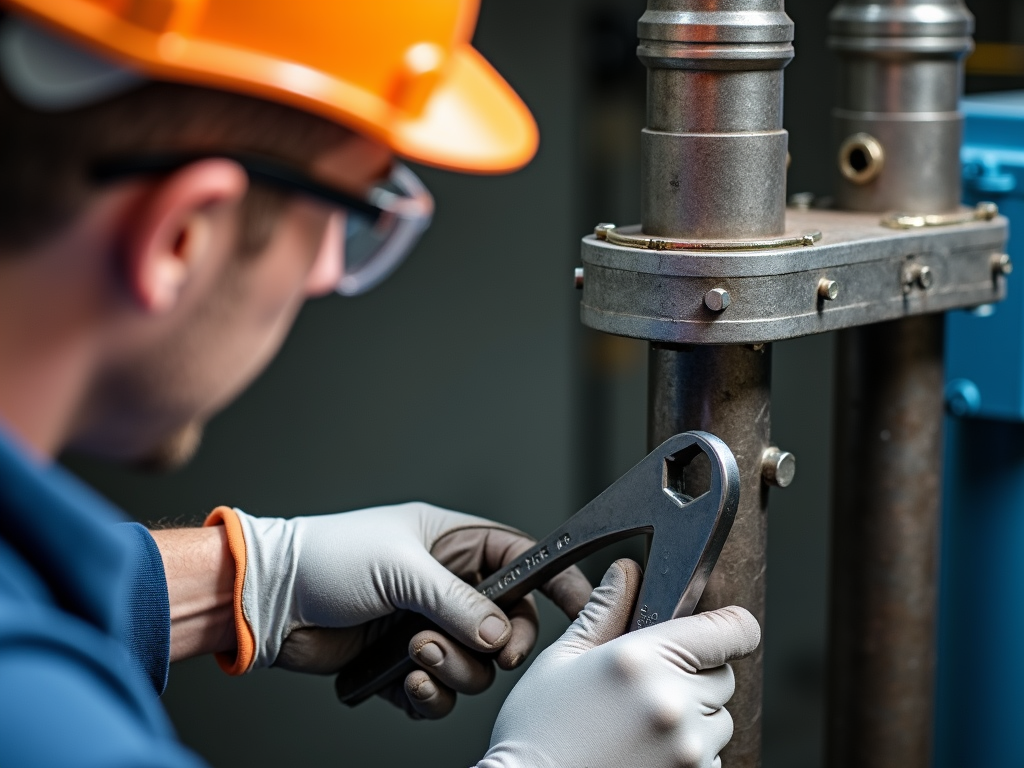The Importance of Tool Safety
Tool safety is a vital topic for anyone who uses tools, whether in a professional setting or at home. In this article, we will explore why tool safety matters and provide practical advice to ensure that you can use tools effectively and safely.
Why Tool Safety Matters
Tools are essential for many tasks, but they can also pose serious risks if not handled properly. Improper use of tools can lead to injuries that may range from minor cuts to severe accidents. Emphasizing tool safety not only protects you but also improves your work efficiency.
Personal Insights: My Journey with Tool Safety
Throughout my experience with various projects, I have witnessed firsthand the importance of tool safety. One time, I was using a hammer on a stubborn nail when I accidentally hit my hand instead. The pain was immediate, and though it was a minor injury, it served as a sharp reminder of the importance of paying attention and using tools correctly.
Maintenance Tips for Keeping Your Tools in Top Condition
- Inspect Tools Before Use: Check for any signs of wear or damage. A broken tool is not only ineffective; it can also be dangerous.
- Proper Storage: Store your tools in a dry, organized space. A well-organized toolbox can help you find the right tool quickly and reduce the chances of accidents.
- Regular Maintenance: Sharpen blades, lubricate moving parts, and clean tools after use. This not only prolongs their life but also ensures they function safely.
Safety Tips for Specific Tools
Safe Use of Hammers
- Grip Properly: Hold the hammer firmly by the handle to maintain control.
- Positioning: Keep your fingers away from the area where you are striking.
- Wear Safety Gear: Safety goggles can protect your eyes from flying debris.
General Tips for Workman Tools
- Follow the Manual: Always read the manufacturer's guidelines on the proper use and maintenance of the tool.
- Use the Right Tool for the Job: Using the correct tool reduces the risk of injury and damage.
Common Mistakes to Avoid
Many users make the mistake of neglecting to maintain their tools. Regular checks and maintenance can prevent accidents. Additionally, using tools while tired or distracted increases the likelihood of mishaps. Always focus while working with tools.
Image Illustrations
- Image of a Well-Organized Toolbox
- Prompt: A clear, organized toolbox with various well-maintained tools on display.
-
Alt Text: A well-organized toolbox showing proper storage of tools.
-
Image of Someone Wearing Safety Goggles
- Prompt: A close-up of a person wearing safety goggles while using a hammer.
-
Alt Text: A person demonstrating proper safety gear by wearing goggles while using tools.
-
Image of Maintenance Checklist
- Prompt: A maintenance checklist in a workshop highlighting necessary tool checks.
-
Alt Text: A checklist for tool maintenance placed in a workshop for safety.
-
Image of Tools on a Workbench
- Prompt: A variety of tools laid out neatly on a workbench ready for use.
- Alt Text: Tools organized on a workbench, showcasing readiness for safe work.
Summary
Tool safety is essential for avoiding accidents and ensuring tools work effectively. By implementing simple maintenance practices and using tools correctly, you can protect yourself and prolong the life of your tools. Remember the insights shared and take the necessary precautions before working.
Read More
- How to Choose the Right Tool for the Job
- Common Tool-Related Injuries and How to Avoid Them
- Essential Safety Gear for DIY Projects
- Best Practices for Cleaning and Storing Tools
- The Impact of Ergonomics on Tool Safety
Related The Importance of Tool Safety:
- The Rise of Smart Tools in Woodworking: A New Era of Safety and Innovation
- The Ultimate Guide to Power Tools for Precision Drilling
- Best Power Drills for Home Use
- Essential Tools for Beginners: A Comprehensive Guide
- Maximizing Small Workshop Spaces: A Workman's Guide to Efficiency
- Ergonomic Wrenches for Reducing Hand Strain: A Comprehensive Guide
- The Evolution of Workman Tools: From Past to Present
- Understanding Torque Specifications: A Comprehensive Guide
- Top 10 Essential Tools for Every DIY Enthusiast
- Essential Wrenches for Automotive Repair: A Mechanic’s Guide
- Choosing the Right Drill Bits for Electrical Installations: A Comprehensive Guide
- The Beginner's Guide to Essential Workman Tools
